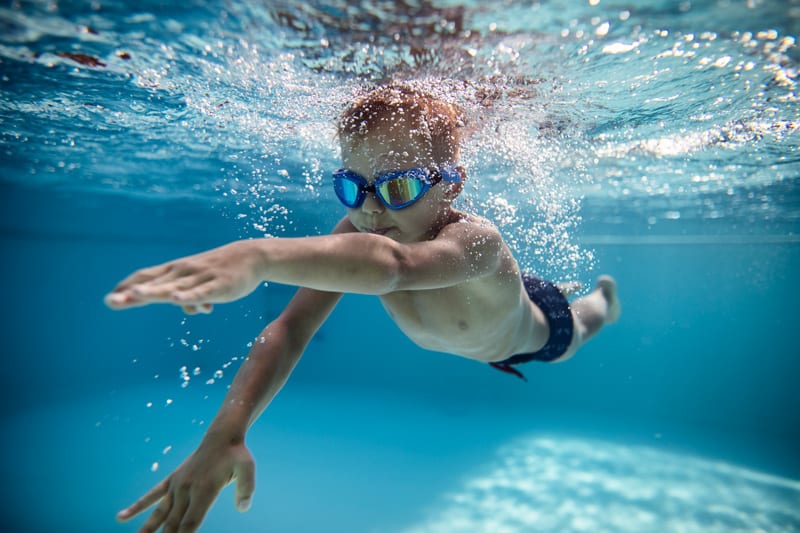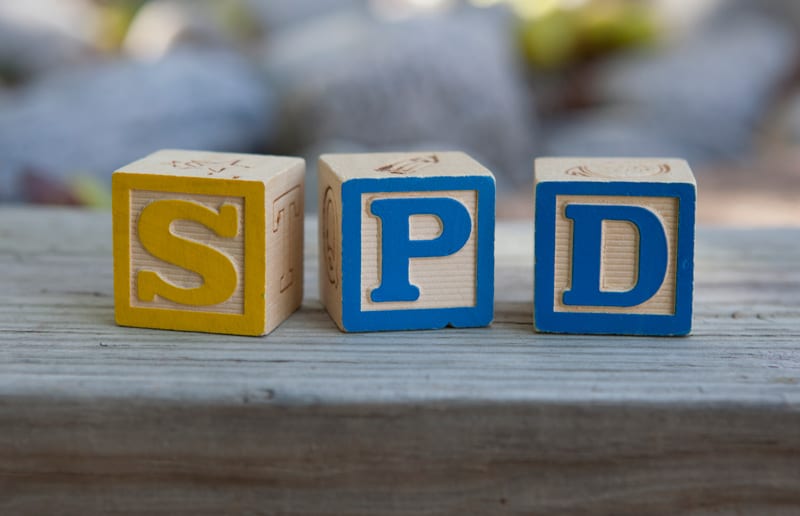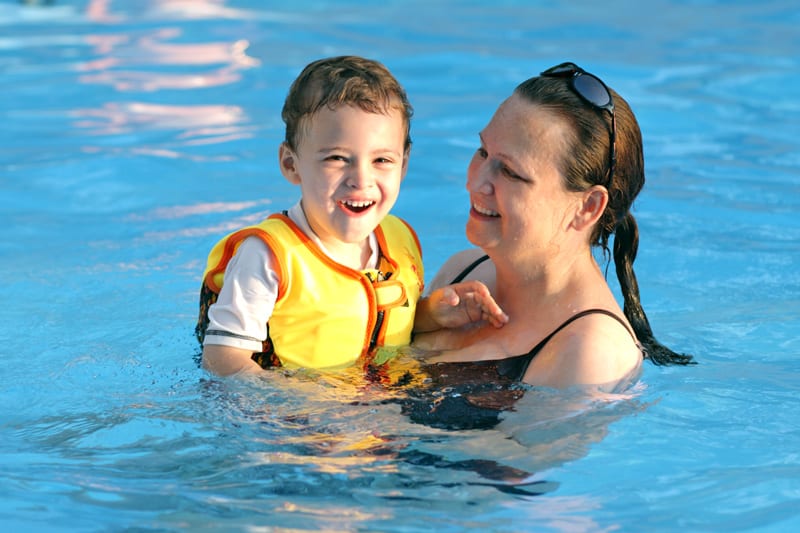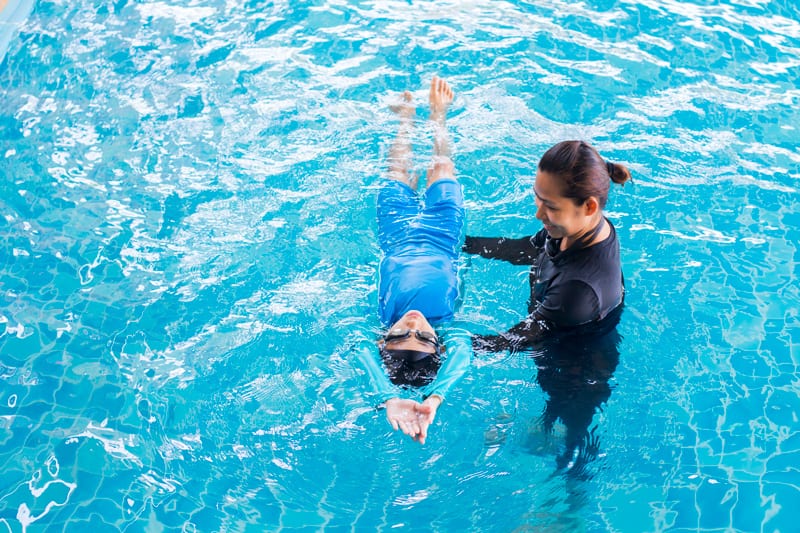Swimming lessons for children with sensory disorders can be a very effective therapy. Children with these disorders respond to being in water in one of two ways. Many enjoy the sensation and experience no fear of drowning. Some fear the feeling of water surrounding their body.
Learning to swim successfully addresses both issues. It makes being around water safer for those with no fear and helps to develop sensory awareness and confidence in those with initial reservations.
How Can Swimming Lessons Help?

Swimming is one of the most beneficial activities for children with sensory disorders. Following are just a few of the many benefits which may be realized by enrolling them in swimming lessons at a facility prepared to properly accommodate their special needs.
The Safety Factor
Some children with autism or other sensory disorders fear the water and become agitated, disruptive, and uncooperative near oceans, lakes, or pools. This reaction creates a strong danger of drowning.
Other children love the water and have no grasp of the concept of drowning. Both attitudes create extreme risk. Swimming lessons address both issues. Lessons with trained swim teachers help develop a balanced attitude toward being in water. And gaining a basic swimming ability is a major plus.
Confidence Building

When a child learns to handle himself in water, a sense of accomplishment and newfound confidence transfers to other aspects of life as well. Individuals are encouraged to develop faith in their abilities in and out of the pool.
A Sense of Security
Once a child learns to be comfortable with the feel of water, the surrounding substance begins to offer support, like the feeling of being cuddled. This can have a profound effect on both a physical and an emotional level. When a child feels supported, confidence and calmer behavior is more easily encouraged.
Heightened Attention

When in the water, a child’s attention is more focused. This offers the opportunity for the teacher to work on other issues such as gross motor skills, fine motor skills, fears and sensitivities to noise, and social difficulties. Non-threatening one-on-one instruction can gradually lead to working with a small group in the pool.
Supportive Evidence
The Shrub Oak international School has a very good article on the benefits of swimming for individuals with autism. Many of those with autism experience sensory processing disorders.
Everyone can reap health and wellness benefits through the process of learning to swim, but for children with autism and related disorders, learning to swim seems particularly important.
A post on theinspiredtreehouse.com details swimming tips for sensory kids and promotes the positive effects of swimming for those experiencing sensory issues.
How to Find the Best Swim School

Find a swim school that will work with you and your child to gain the swim skills they need to be safe. Ask about class size and if private lessons are available for children with sensory disorders.
Participating in an initial private session might be a good way to ‘feel out the water’ but enrolling in a small group swim lesson can have many socializing benefits for the long term.
The best swim school will be easy to communicate with about your child’s strengths and weaknesses. Quality swim teachers will help you find the right balance of practicing swim skills and managing stimuli in the water.
Ready to enroll your child in swimming lessons at a quality facility with a caring staff? Have more questions? Contact us at Njswim. We offer six different New Jersey locations in Florham Park, Manasquan, Warren, Lakeside/Roxbury, and Sparta.




